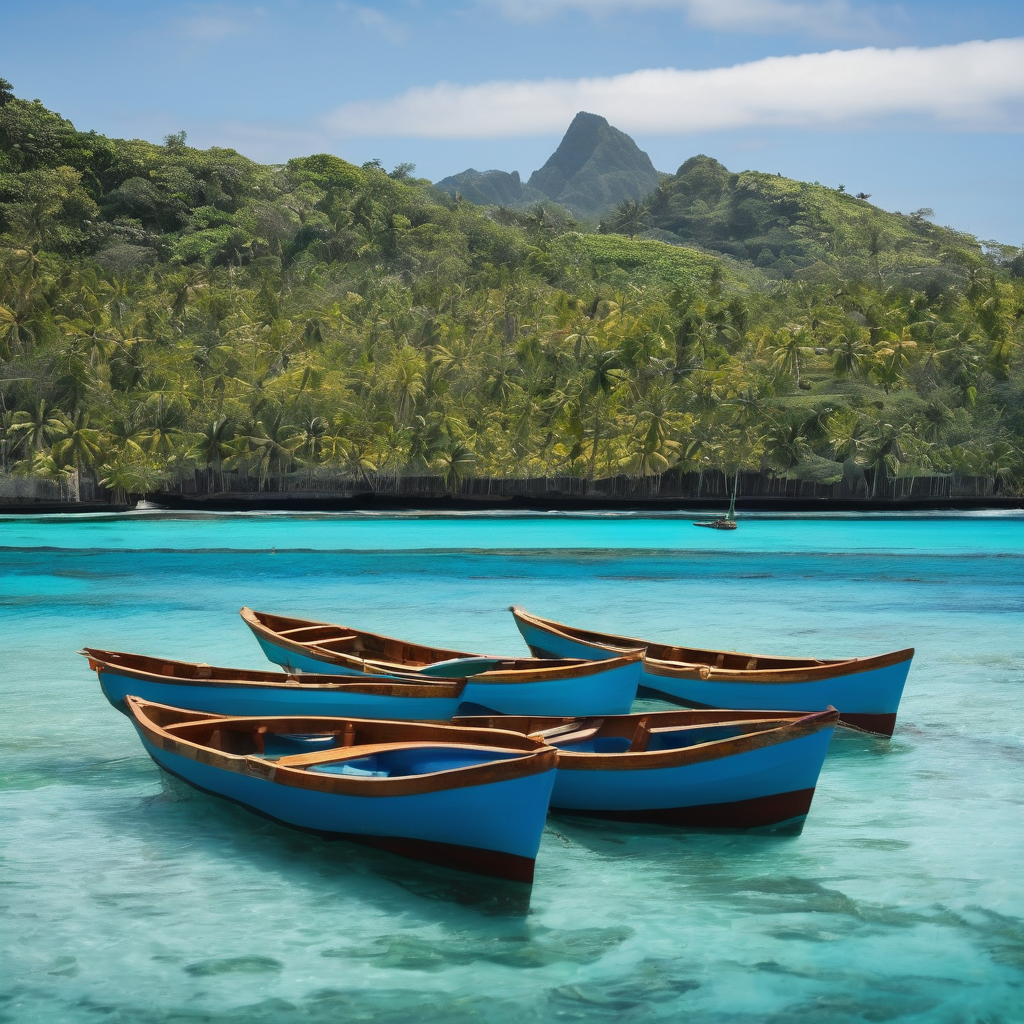The high seas preservation initiative has gained significant momentum, with the Biodiversity Beyond National Jurisdiction (BBNJ) Agreement reaching a crucial threshold of 60 ratifications, marking it as a defining moment for global marine conservation. The BBNJ, also known as the High Seas Treaty, establishes legal provisions for the conservation and sustainable usage of marine life in international waters, which constitute roughly two-thirds of the world’s oceans. Expected to come into effect by January 2026, this agreement is seen as a beacon for Pacific Island nations, which spearheaded the drive to secure its adoption.
Originally initiated at the United Nations in 2004, the treaty underwent two decades of negotiations, underscoring both the complexity and critical necessity of guarding marine biodiversity against threats such as climate change, pollution, and overfishing. The Pacific Islands, endowed with one of the world’s largest oceanic expanses, view the treaty as a linchpin for advancing their own regional conservation efforts, particularly in previously unregulated high sea pockets.
The BBNJ Agreement’s ratification saw notable contributions from countries such as Sri Lanka, St. Vincent and the Grenadines, Sierra Leone, and Morocco, further signaling widespread international commitment. To date, 142 countries and the European Union have signed, expressing their intent to endorse and act according to the treaty. This global effort reflects a historic stride in using diplomacy to foster multilateralism aimed at protecting marine biodiversity, aligning with broader objectives like those set under the United Nations Convention on the Law of the Sea (UNCLOS).
The Secretariat of the Pacific Regional Environment Programme (SPREP) praises this development as a testament to global cooperation and a significant chance for comprehensive ocean governance. According to Sefanaia Nawadra, SPREP’s Director General, the treaty is poised to extend conservation measures into vast high seas areas, reinforcing and augmenting efforts under existing frameworks like the Noumea Convention for the Protection of Natural Resources in the Pacific.
The ratification phase marks just the beginning, with emphasis now shifting to effective implementation. This involves engaging scientists, Indigenous communities, and local stakeholders to ensure the protection of vulnerable marine species and ecosystems, and to navigate emerging threats. Regional workshops are being conducted across the Pacific to clarify the roles of key parties and align local policies with the treaty’s overarching aims.
Overall, the BBNJ Agreement signifies a hopeful unification of global efforts toward a sustainable oceanic future. Pacific nations, through collaboration, contribute to preserving marine ecosystems for future generations. With this treaty, a framework is set not just for protection, but also for global concerted action towards addressing ecological threats against the backdrop of climate change, indicating a positive trajectory for marine biodiversity conservation and sustainable ocean management.
